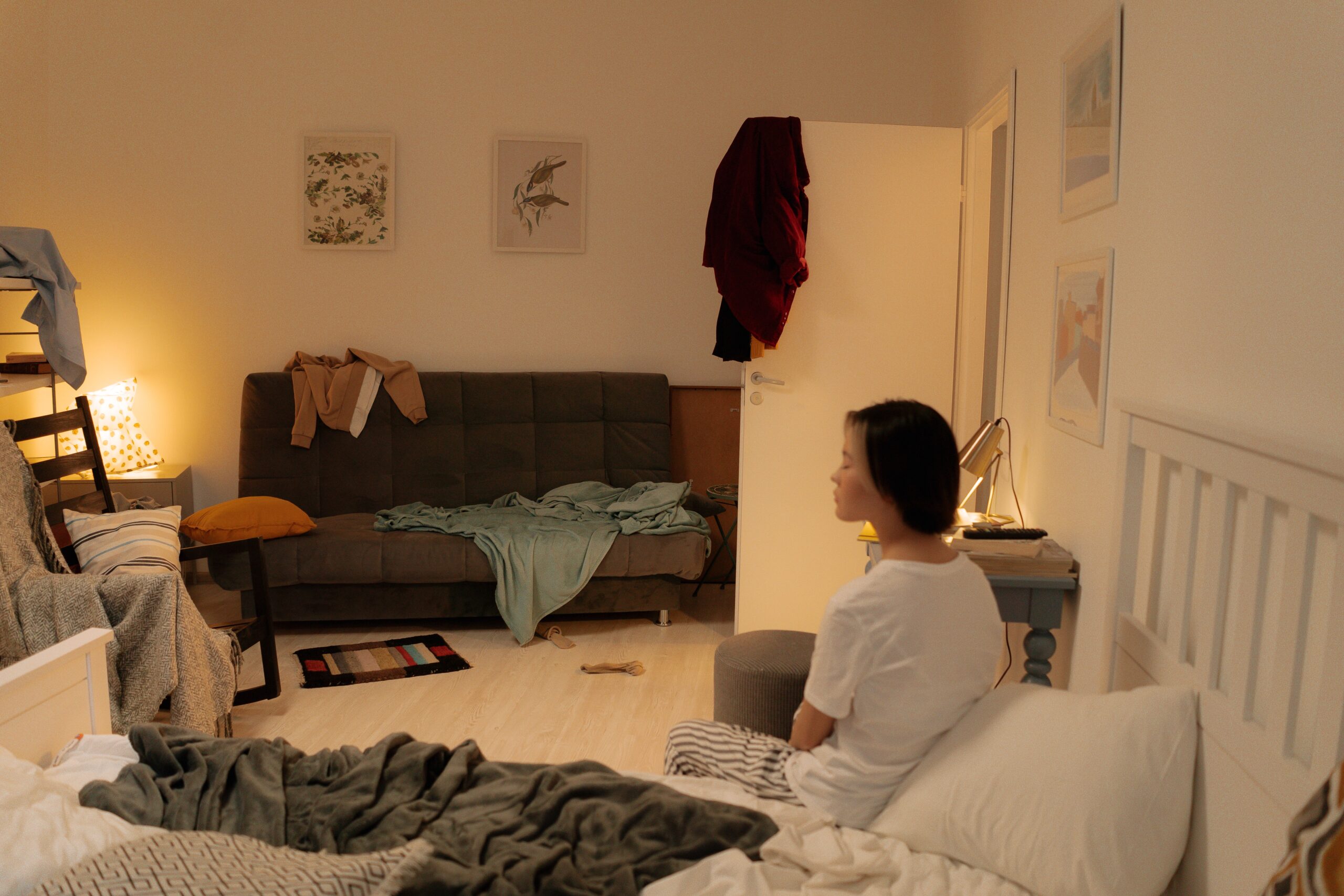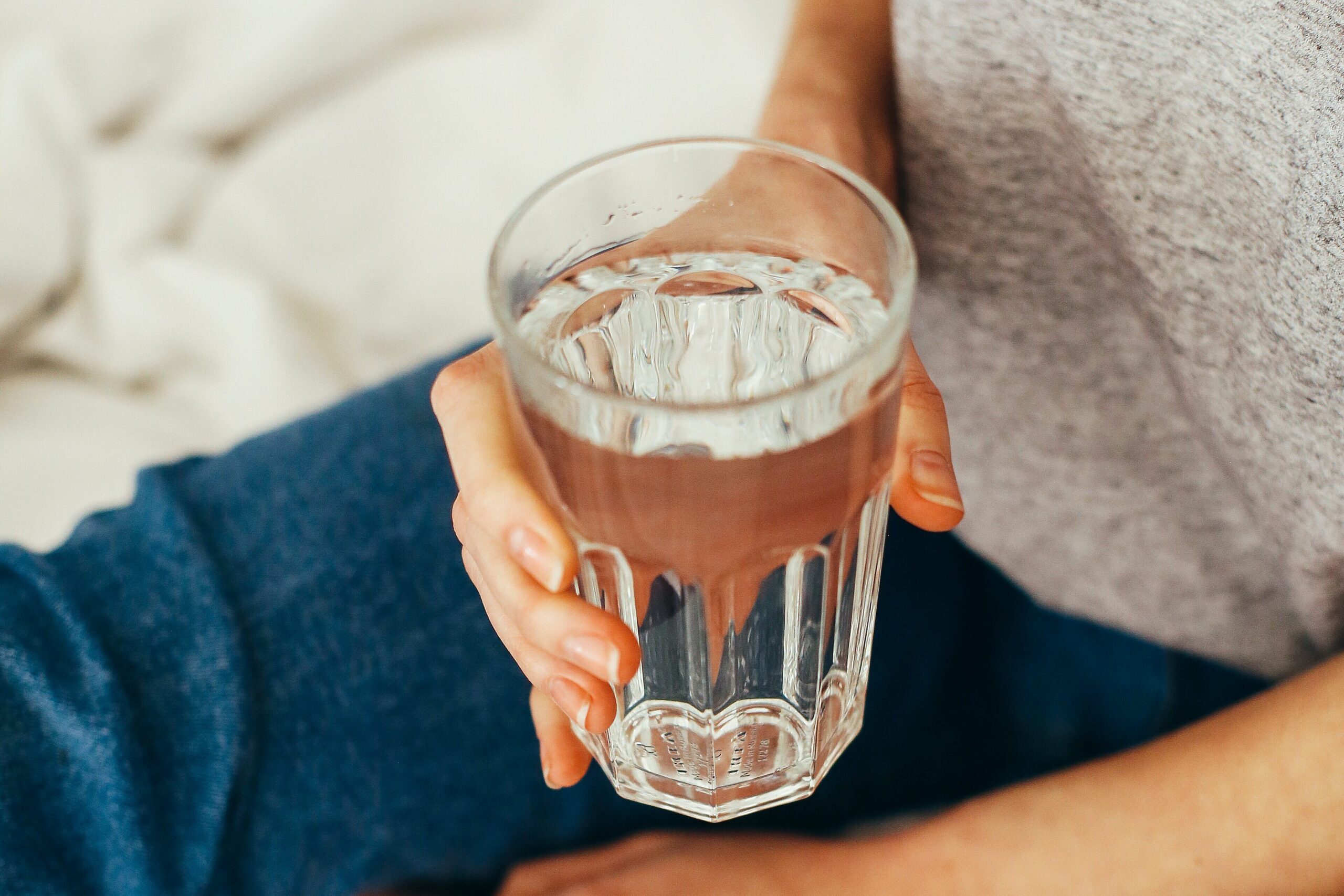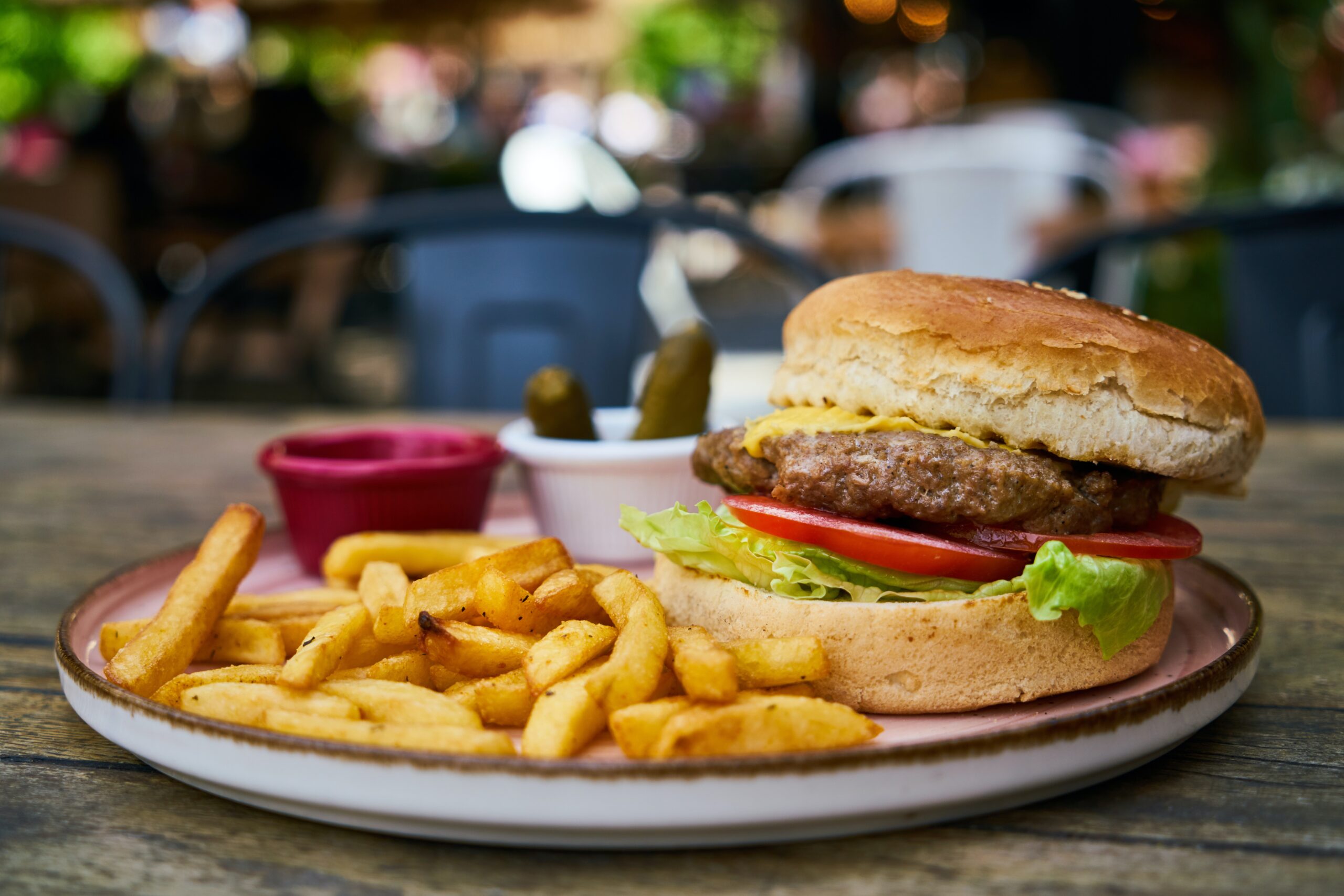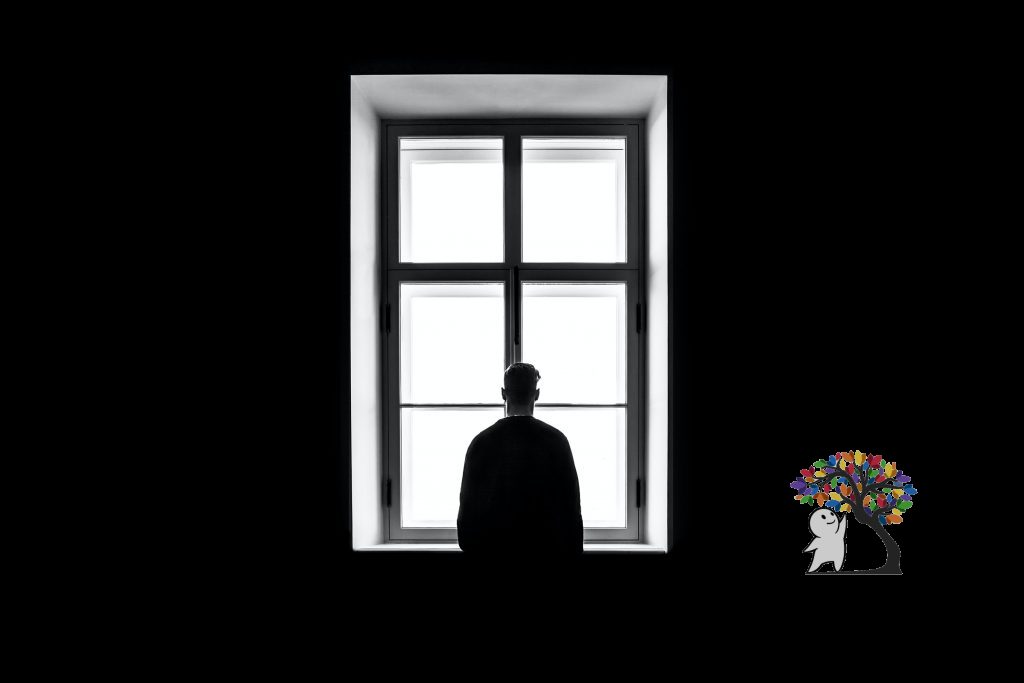8 Things That Hurt Your Mental Health

Hey, psych2goers! Do you often get the feeling of not being okay? Do you feel emotionally exhausted, stressed out, and sad, but when you try to find a reason behind it, you can’t find any? Feeling sad, having extreme mood swings, avoiding socializing, feeling fatigued, and changes in sleeping or eating habits are signs of poor mental health.
Your day-to-day choices which may feel small can affect your mental health more than you think.
This is a disclaimer that this article is for informative purposes only. It is not intended to diagnose or treat any condition. Please reach out to a qualified healthcare provider or mental health professional if you are struggling with mental health.
Here are 8 day-to-day things that often get overlooked which hurt your mental health.
#1. Consuming too much coffee

What’s the best way to start our day other than coffee! Even when you are not feeling like it, coffee gives the boost of energy you need to get working. But did you know more than 400mg (4 cups of coffee) per day can be dangerous?
Drinking more than daily intake can lead to symptoms like anxiety, insomnia, difficulty concentrating, fatigue, high blood pressure, tremors, and muscle breakdown.
Coffee consumed in the right amounts can benefit mental health as it boosts our mood, metabolism, and mental and physical performance.
#2. Not cleaning your room

Do you keep your room clean and organized or do you have clutter surrounding you? Cleaning or the lack of cleaning can have a direct impact on your mental health.
A study published in “Personality and Social Psychology Bulletin” found that people with cluttered living spaces were more likely to be fatigued and depressed and had higher levels of cortisol.
Cleaning and decluttering your room can have several positive effects on your mental health. For instance, it helps you gain a sense of control over your environment and engage your mind in a repetitive activity that can have a calming effect.
#3. Bad posture

Do you often hear your family and friends asking you to sit straight? Sitting while slouching your back may feel great for some time, but it is more harmful than you think.
A study by Harvard University found that sitting in an upright posture may improve symptoms of depression and levels of fatigue and anxiety.
Are you slouching right now? If yes, then it’s time to improve your posture.
#4. Not drinking enough water

Your body needs plenty of water to function efficiently and so does your brain. If you are not meeting your daily intake of 2 liters of water, you should watch out for the harmful effects it has on mental well-being.
Research from Pubmed Central showed that those who drank more water had a lower risk of anxiety and depression than those who drank less water. The connection between dehydration and depression was stronger and anxiety was higher in those who didn’t drink enough water.
Drinking enough water is important for maintaining your mental health. This is a quick reminder for you to drink water right now.
#5. Skipping meals

Do you often forget to eat on time or skip eating when it gets busy? Skipping meals can lead to lower blood sugar levels and an insufficient supply of nutrients which further affects the functioning of the brain. This can not only leave you feeling anxious or depressed, but also moody, irritable, and frazzled.
A study published in the International Journal of Environmental Research and Public Health found those who skipped breakfast were more likely to experience stress and depression than those who regularly ate breakfast.
#6. Binge-watching

How many times have you thought to yourself, “Just one more episode, then I’ll sleep” and always ended up with more than one episode? We all love binge-watching, but did you know binging episodes is not healthy for your mental well-being?
A study from the University of Texas at Austin found a high correlation between binge-watching, depression, and loneliness.
Watching your favorite series can be addicting, but watching it in moderation can help you relax after a stressful day. Let us know your favorite anime series or k-drama in the comments.
#7. Eating junk food

How often do you give in to your fast food and sugary cravings? Hard to resist the temptation of your favorite snacks, right? But by giving in to those cravings, you are placing your mental health in danger.
Junk food and mental health are closely connected, with unhealthy eats having the potential to cause mental illness.
Fried fast food and sugary drinks have high associations with ADHD, depression, and bipolar disorder.
A recent study from the International Journal of Food Sciences and Nutrition revealed that adults with unhealthy diets suffered higher rates of psychological distress than those who had a balanced diet.
Eating healthy food can have a positive impact on your mental health and it is linked with better stress management, improved sleep quality, increased concentration, and better mental wellbeing in general.
#8. Overthinking

Do you think and analyze a lot before taking a decision? Overthinking can make simple choices feel like critical situations.
Overanalyzing increases your chances of being affected by mental health problems as it affects your ability to solve problems and makes you imagine situations that may never happen, rather than finding a solution.
Overthinking can change the way you work with others and the way you do things. It can significantly affect your personal life, social life, and work-life and cause you emotional distress.
Final Thoughts:
Are you guilty of the things mentioned above? If yes, then how do you plan to change them?
For ways to improve your mental health, here are 8 Things You Can Do To Improve Your Mental Health.
If you found this article helpful, do leave a like and share it with those who might benefit from it. Subscribe for more psychology-related content.
Thanks for reading and supporting psych2go, your support keeps us motivated to work hard on our goal of making psychology accessible to everyone.
References:
Spritzler, F. (2017, August 14). 9 Side Effects of Too Much Caffeine. Healthline. https://www.healthline.com/nutrition/caffeine-side-effects
Mental Health Benefits of Cleaning and Decluttering. (2021, February 23). Verywell Mind. https://www.verywellmind.com/how-mental-health-and-cleaning-are-connected-5097496
Harvard Health. (n.d.). In a slump? Fix your posture. https://www.health.harvard.edu/staying-healthy/in-a-slump-fix-your-posture
Stanborough, R. M. J. (2020, December 15). Dehydration and Anxiety: How to Keep Calm and Hydrate On. Healthline. https://www.healthline.com/health/anxiety/dehydration-and-anxiety
Wicks, L. (2020, January 10). 8 Scary Things That Could Happen to Your Body When You Skip Meals. EatingWell. https://www.eatingwell.com/article/7561431/scary-things-that-could-happen-to-your-body-when-you-skip-meals/
How Does Binge-Watching Affect Your Mental Health? (n.d.). Forgingnewlives. https://www.forgingnewlives.com/blog-posts/how-does-binge-watching-affect-your-mental-health
Barnes, M. (2022, January 3). Is There a Connection Between Junk Food and Mental Health Problems? Body+Mind Magazine. https://bodymind.com/junk-food-and-mental-health/
Kukde, I. (2022, February 7). 3 Side Effects of Overthinking – PharmEasy. PharmEasy Blog. https://pharmeasy.in/blog/overthinking-to-what-extent-can-it-damage-your-life/





Helpful & Informative 💯
Very helpful & informative
Very innovative and insightful.